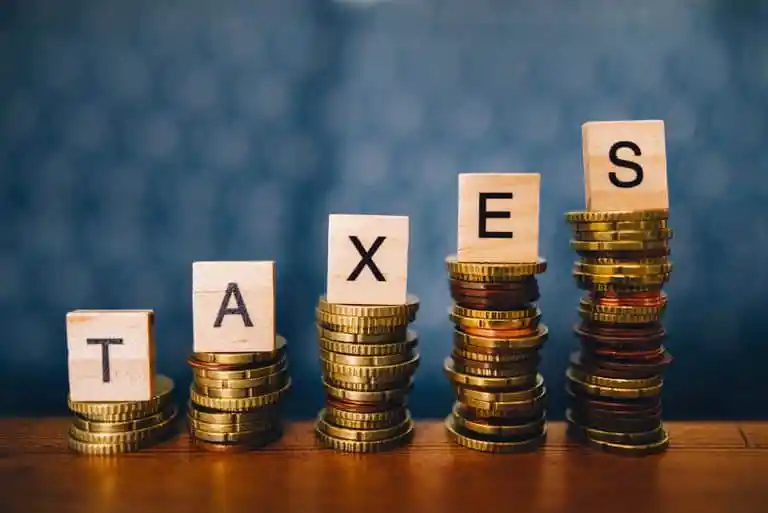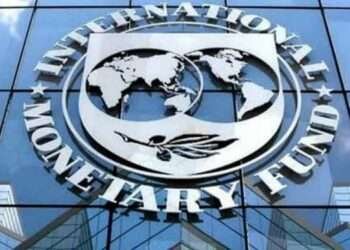Bright Simons, Honorary Vice President of IMANI Africa, has remarked that the E-Levy is a disruptive tax that is negatively impacting the digital sector.
He believes the E-Levy distorts both consumer and business behavior and is beginning to undermine other taxes within the digital economy, such as communications services taxes, which have been losing value in real terms.
Regarding the NDC’s pledge to abolish certain taxes, including the E-Levy, Simons emphasized that while it is crucial for political parties to fulfill their promises to voters, there are instances when such promises can be deemed unrealistic or impractical.
“Abolishing e-levy is not absurd. Doing so is supported by many rigorous analysts. The most detailed assessment of e-Levy’s impact that I know is the one by the GSMA, which showed that in 2022, e-Levy LOST the government 1.4 billion GHS.
“Pay serious attention: e-Levy is already LOSING Ghana money by undermining growth in the digital sector and thus cannibalizing other revenue sources. The Finance Minister-designate [Hon. Cassiel Ato Forson] says it will go within 120 days. No one will miss it”.
Bright Simons
Simons stated that the new government must reassess the public revenue framework for the digital economy and find ways to generate more income from the sector without hindering productivity.
He also observed that the issue of removing the betting tax has divided analysts.
According to him, some argue that, given the harmful nature of gambling, a tax on betting is not only necessary for government revenue but also a wise decision. “My sense is that the evidence tilts towards removing it”.

Simons stated that the most thorough evaluation of gambling tax increases suggests they are ineffective. “The betting companies just find other inducements to get gamblers to keep gambling but now with harsher financial effects on addicts”.
He cited Professor Matthew Rockloff of Central Queensland University and Dr. Philip Newall of Bristol University, who provide strong evidence that such taxes only raise the cost of addiction without reducing the desire to gamble.
Simons argued that eliminating the betting tax and losing the $3 million annually it generates should not result in revenue shortfalls, as the government could easily strengthen regulations for the betting companies themselves.
Simons Critiques NDC’s Emissions Levy and Tax Waiver Plans
Furthermore, Bright Simons pointed out that the NDC government has provided no clear rationale for removing the emissions levy.
Simons noted that the issue lies in the lack of clarity regarding its purpose indicating that some analysts, including himself, have questioned the measurement model, particularly with regard to industrial taxpayers.
He emphasized that the government must urgently undertake thorough work to justify this manifesto promise.

“Removing import duties on vehicles and equipment imported for agricultural and industrial purposes could become distortive. Here is how. If I import a Kia truck for my sachet water distribution business every Friday but for the rest of the week, it does some light corporate-trotro duties (minibus transport or rentals), do I deserve a tax waiver?
“If I bring in a giant articulator to transport corn from the North once a month but for the rest of the time it also carries vehicular spare parts around, is that “agricultural” enough? Is “spare parts” cartage industrial enough? You get the picture”.
Bright Simons
He further pointed out that such tax policies grant too much discretion to tax authorities, who may sometimes misuse it. Ultimately, it remains unclear whether this tax waiver is beneficial or not.
He noted that assessing its value requires a broader evaluation of Ghana’s entire tax exemption system, and it likely shouldn’t have been part of the manifesto pledge.
Simons also commented on the NDC’s promise to review VAT and remove the COVID-19 levy, noting that such measures are common for any government to consider multiple times during its tenure.
In his view, these “reviews” often create more uncertainty for businesses. “Until we know exactly what the plans for VAT reform are, we can’t say one way or another if this is a good manifesto policy”.
He lamented that the frequent changes to the tax structure, calculations, and burdens have become a strain on businesses with high transaction turnover, like retailers.
Accordingly, Simons observed that the Finance Minister-designate, Hon. Ato Forson, has significant work ahead in crafting a tax framework that effectively addresses the concerns raised.



















